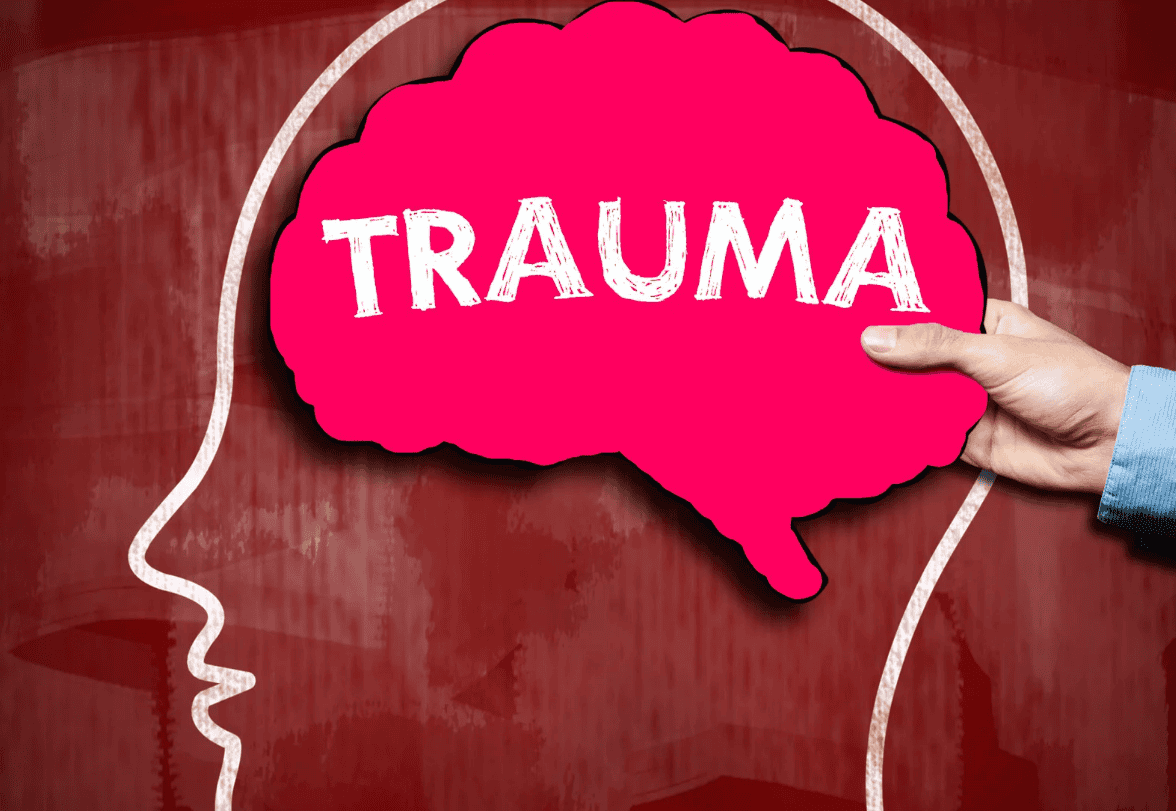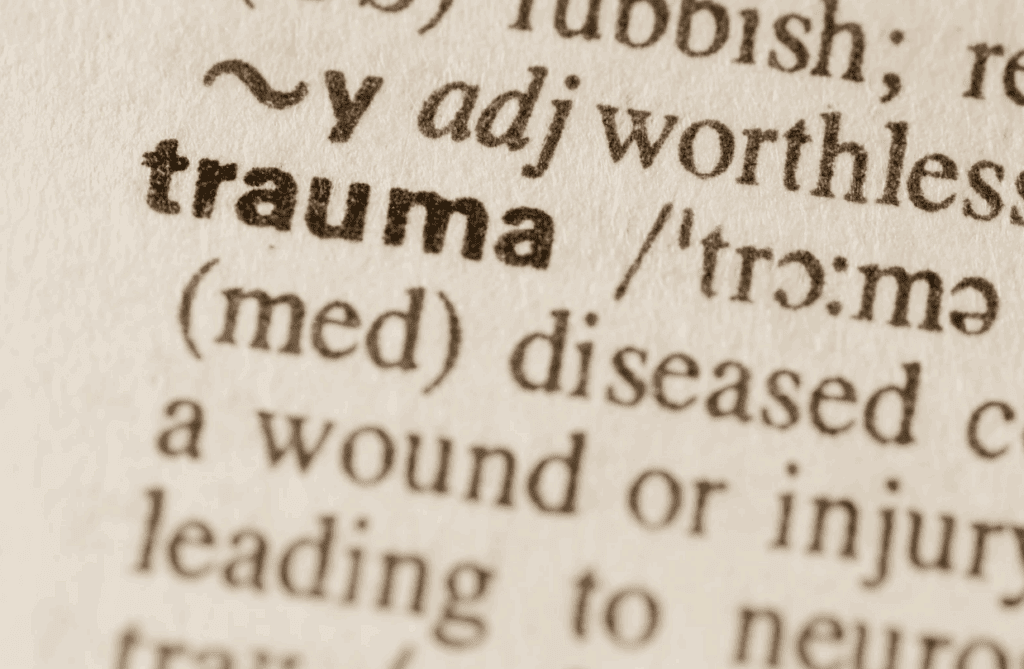How do you ensure that your aging family members receive home care that supports their mental well-being?
The growing mental health concerns among elderly individuals demand immediate attention from caregivers and family members. Due to nearly 15% of individuals aged 50 and above suffering from mental health disorders the focus on psychological well-being must match the importance of physical care.
The good news?
Understanding seniors’ mental health needs and implementing focused interventions will lead to substantial improvements in their quality of life and general well-being.

What You’ll Find Inside
- Current Mental Health Statistics for Elderly
- Common Mental Health Challenges in Older Adults
- Effective Strategies for Mental Health Support
- Creating a Mentally Stimulating Environment
- Building Community Connections
Current Mental Health Statistics for Elderly
Recent years indicate that older adults face critical mental health challenges. Around 20% of individuals who are 55 years old or above have been identified with mental health problems based on reliable data. The statistics indicate serious difficulties confronting our older population.
The suicide rate for adults over 65 rose by 5% as deaths per 100,000 climbed from 16.9 to 17.7 between the periods of 2018-2020 and 2021-2023. According to national health rankings the latest statistics show this rate as the highest seen in recent years.
What’s behind these statistics? A multitude of factors play a role in creating mental health difficulties for senior populations.
- Social isolation and loneliness
- Physical health limitations
- Loss of independence
- Grief from losing loved ones
- Financial concerns
- Cognitive changes
Extended isolation periods became more common among seniors because the pandemic amplified these existing problems. Quality New York City home care providers understand that addressing these mental health concerns requires specialized approaches tailored to elderly needs.
Common Mental Health Challenges in Older Adults
Recognizing which mental health problems most frequently impact seniors enables caregivers to deliver proper support. The most prevalent conditions include:
Depression
Older adults frequently experience undiagnosed depression despite it not being a normal aging process. Older individuals often present depression symptoms through physical complaints instead of expressing feelings of sadness which contrasts with younger populations.
Anxiety Disorders
Several older adults suffer from anxiety which arises from health issues and financial stress as well as the dread of falling. Seniors who suffer from anxiety face persistent worries which disrupt their everyday routines.
Substance Use Issues
The number of older adults dying from drug abuse rose by 58% between 2018-2020 and 2021-2023 according to recent statistical data which shows highest recorded rates.
Effective Strategies for Mental Health Support
Effective mental health support strategies for seniors lead to significant improvements in their overall well-being. Quality home care services need to implement these evidence-based approaches to achieve excellence.
Regular Mental Health Screenings
Early detection is crucial for effective treatment. Standard elderly care practices need to include routine assessments for depression symptoms along with anxiety signs and cognitive alterations.
Personalized Care Plans
Each senior has unique needs and preferences. Home care services that work effectively create custom care plans to tackle both mental health issues and physical health requirements.
Talk Therapy Options
Different therapeutic approaches can benefit seniors:
- Cognitive Behavioral Therapy (CBT)
- Reminiscence Therapy
- Validation Therapy
- Group Therapy
Research demonstrates that therapy delivers similar treatment outcomes for older adults compared to younger individuals.
Physical Activity Programs
Engaging in regular physical activity enhances mental health outcomes. Seniors who engage in mild physical activities such as walking and tai chi experience mood improvements and depression along with anxiety symptom reductions.

Creating a Mentally Stimulating Environment
Keeping the mind active plays an essential role in both preserving cognitive function and warding off depression. A supportive home environment includes:
Engaging Activities
Brain health improves through cognitive engagement while individuals gain a meaningful sense of purpose. Effective activities include:
- Puzzles and games that challenge the mind
- Arts and crafts projects
- Music therapy and singing
- Reading and discussion groups
It is essential to select activities that both engage the person’s interests and offer appropriate challenges.
Sensory Stimulation
Experiencing sensory stimuli often triggers positive memories and emotions in individuals.
- Aromatherapy with familiar scents
- Tactile activities like gardening
- Music from their younger years
- Visual stimulation through art or family photos
Seniors who suffer from dementia experience substantial benefits from sensory activities as these experiences help lower agitation while boosting their mood.
Technology provides essential support to mental health care services in home settings for senior citizens.
Technological advancements present fresh approaches to enhance mental health support for aging individuals living at home.
Virtual Connections
Video calling platforms enable seniors to keep connections with their loved ones strong despite being far apart. Although recent statistics show enhanced social support and engagement for older adults technology remains a solution for many seniors who still face social isolation.
Telehealth Services
Telehealth provides homebound seniors with easier access to mental health services.
- Virtual therapy sessions
- Psychiatric consultations
- Support groups
- Mental health monitoring
Recent health data indicates an increased number of geriatric clinicians which has expanded telehealth options availability.
Training Caregivers for Mental Health Support
The effectiveness of caregivers in mental health support for seniors depends on receiving adequate training.
Mental Health First Aid
Mental Health First Aid training provides caregivers with the skills to:
- Recognize signs of common mental health issues
- Respond appropriately to mental health crises
- Connect seniors with appropriate resources
- Provide necessary support until professional assistance becomes available.
Caregivers trained through this program can effectively become initial responders to mental health emergencies.
Communication Skills
Caregivers who master effective communication methods can establish meaningful connections with seniors facing mental health problems.
- Active listening without judgment
- Validation of feelings and experiences
- Clear, respectful communication
- Patience with repetitive stories or questions
These skills create trust while making seniors feel valued and understood.
Building Community Connections
Social connection stands out as one of the strongest elements that help maintain mental health. Home care services must play an active role in helping people connect with their community by organizing peer support groups and volunteer events.
Integrating Crisis Resources
The increasing suicide rates among older adults make having appropriate crisis resources essential. Caregivers working with home care services need training to identify suicidal warning signs while having direct access to the 988 Suicide & Crisis Lifeline.
Nutrition and Sleep for Mental Health
The mental health status of older adults depends heavily on their nutritional intake and sleep patterns.
- Eating brain-healthy foods with omega-3s and antioxidants as well as B vitamins supports mental health.
- Proper hydration to prevent confusion and irritability
- Consistent sleep schedules and relaxing bedtime routines
- Addressing sleep disorders like apnea and restless legs syndrome is crucial for patients.
Bringing Everything Together
Creating an environment for seniors to flourish emotionally and psychologically forms the core of enhancing mental well-being in elderly home care instead of merely solving problems.
The increasing occurrence of mental health issues and substance-related deaths among older adults together with suicide rates heightens the urgency of this work. These challenges occur alongside positive developments such as better social support networks and more geriatric clinicians becoming available.
Home care mental health support needs to incorporate multiple strategies to be successful.
- Regular screening and early intervention
- Personalized care plans that address individual needs
- Creating stimulating environments
- Leveraging technology for connection
- Training caregivers in mental health support
- Facilitating community connections
- Ensuring access to crisis resources
- Addressing physical factors like nutrition and sleep
The integration of these methods enables home care services to enhance seniors’ mental health which leads to increased happiness and purpose as well as improved life quality in their advanced age.





























